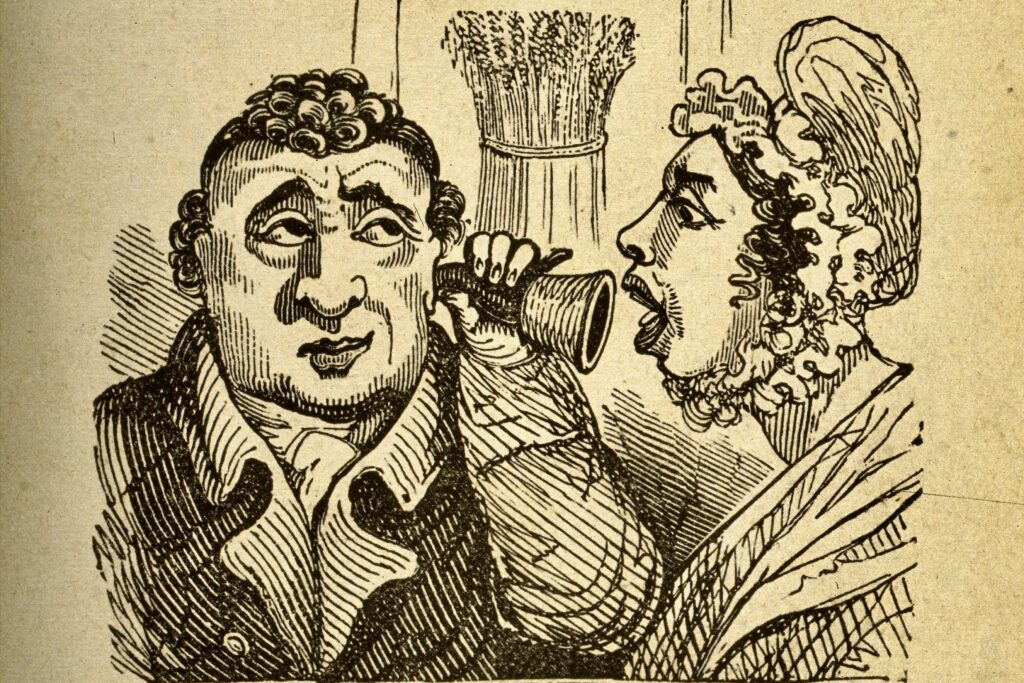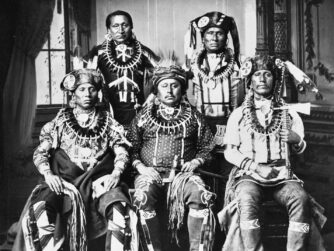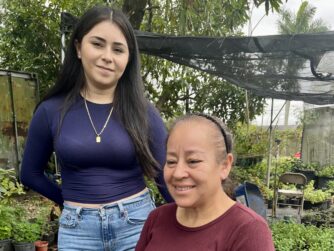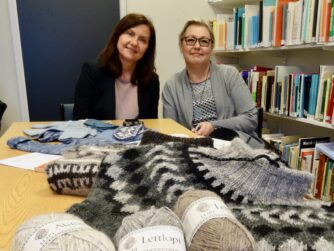
American English and British English aren’t different languages. But they’re not the same either, even if they’re getting closer. There are all those different words for things: diaper/nappy, faucet/tap and so on. More challenging are common words used in subtly different ways: sure, reckon, middle class. Who better to ask about these and other terms than UK-based American linguist Lynne Murphy and her British husband and daughter? Spoiler alert: They don’t always agree.
Lynne Murphy is the author of The Prodigal Tongue: The Love-Hate Relationship Between American and British English. Music in this episode by Josef Falkensköld, Stationary Sign, Rebecca Mardal and Luella Gren. Photo courtesy of Wellcome Images/Creative Commons. Read a transcript of this episode here.
Sign up for Subtitle’s newsletter here.







The two most destructive influences on normal English are the onslaught of TV programmes – films, shows, commentary etc. Then we have written copy and reports generated in the US which are reprinted in the English press without anglicisation. A few examples: not seen IN years; we say FOR years. Quite the man; no, quite A man; misspelling of practice and licence according to whether it’s a verb or a derivative. Most egregious is ignorance of the difference between lay and lie, eg the lay of the land instead of the lie of the land. How many yanks say “I have lain?” – the past participle unknown to many in the US. How about extra prepositions? Beaten out instead of beaten; the horrendous off of. But I shan’t go on.
The differences are valid, from US immigration of multiple people with their own languages, especially mafiosi from Sicily.